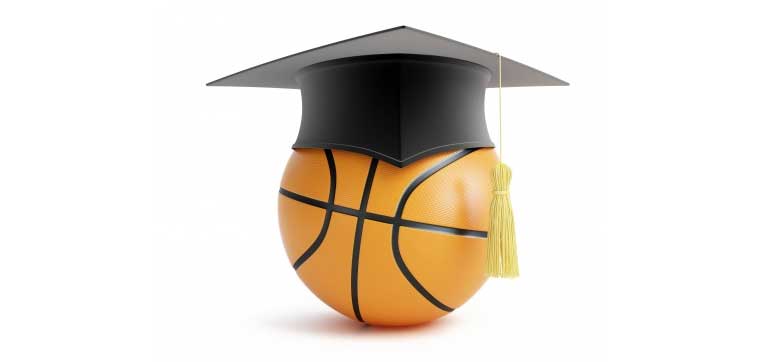
As softball players start deciding which gold teams to aim for, they’ll start asking themselves what their chances are of getting a softball scholarship. And if they aren’t, I’m sure as parents start to pull out their checkbooks to pay for playing on these teams, they’re considering the question. After all, it would be nice if there was some financial return on all their investments in lessons, teams, and travel. However, if you’re planning on using softball to pay for college, you might want to develop a plan B option because the odds aren’t great.



 (Updated for 2023) If you want to get any financial aid, you need to submit college financial aid applications such as the FAFSA and PROFILE. This is obviously a critical step: no application, no aid. But if you want to pay less for college, it certainly isn’t the first step.
(Updated for 2023) If you want to get any financial aid, you need to submit college financial aid applications such as the FAFSA and PROFILE. This is obviously a critical step: no application, no aid. But if you want to pay less for college, it certainly isn’t the first step.










 There are two major delusions/misconceptions about paying for college that too many parents have. The first is that by not saving for college, parents claim this will make their kids eligible for more financial aid. Why bother saving if it means they won’t get any financial aid? This falls into the delusional category. I generally give people the benefit of the doubt but I can’t help but think this has more to do with preferring to spend money now rather than saving for later. Oh, FYI, financial aid doesn’t work that way.
There are two major delusions/misconceptions about paying for college that too many parents have. The first is that by not saving for college, parents claim this will make their kids eligible for more financial aid. Why bother saving if it means they won’t get any financial aid? This falls into the delusional category. I generally give people the benefit of the doubt but I can’t help but think this has more to do with preferring to spend money now rather than saving for later. Oh, FYI, financial aid doesn’t work that way.
